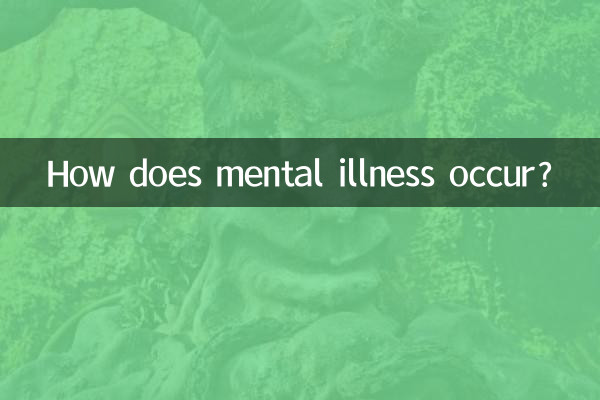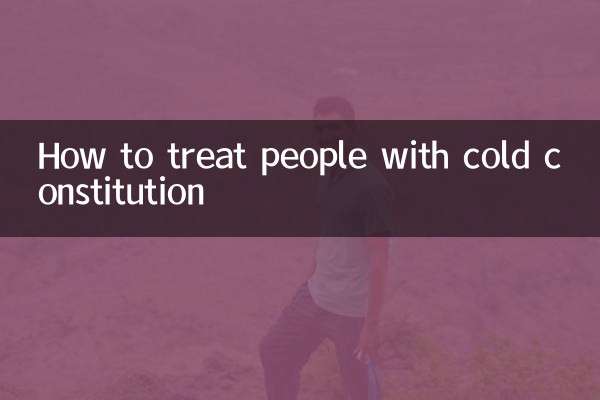How does mental illness occur?
In recent years, mental health issues have become the focus of social attention. As the pace of life accelerates and pressure increases, the incidence of mental illness is increasing year by year. This article will combine the hot topics and hot content on the Internet in the past 10 days to explore the causes of mental illness and present relevant research results through structured data.
1. Definition and classification of mental illness

Psychosis refers to a psychological disorder that affects thinking, emotion, and behavior. It usually manifests as a loss of touch with reality, loss of emotional control, or abnormal behavior. According to the classification of the World Health Organization (WHO), mental illness mainly includes the following categories:
| Type | Main symptoms | common diseases |
|---|---|---|
| affective disorder | extreme mood swings | Depression, bipolar disorder |
| Schizophrenia | hallucination, delusion | Schizophrenia |
| anxiety disorder | Excessive tension and fear | Generalized anxiety disorder, panic disorder |
| personality disorder | Abnormal long-term behavioral patterns | borderline personality disorder |
2. Main causes of mental illness
Psychosis is usually the result of a combination of factors. Here are the key reasons mentioned in recent research data and hot discussions:
| Cause category | specific factors | degree of influence |
|---|---|---|
| genetic factors | family history of mental illness | High risk (about 40%-60%) |
| environmental pressure | Work pressure, family conflicts | Medium risk (30%-50%) |
| Brain chemical imbalance | Abnormalities in dopamine and serotonin | High risk (50%-70%) |
| childhood trauma | abuse, neglect | Medium risk (20%-40%) |
3. Analysis of the correlation between social hot spots and mental illness
In the past 10 days, many hotly discussed topics on the Internet are closely related to the causes of mental illness. Here are some of the hot topics and their impact on mental health:
| hot events | Related mental health issues | Discussion popularity |
|---|---|---|
| “996” culture in the workplace | anxiety disorder, depression | High (120 million Weibo readers) |
| teen internet addiction | Social disorders, emotional disorders | Medium (Zhihu discussion volume 500,000+) |
| The post-pandemic mental health crisis | Post Traumatic Stress Disorder (PTSD) | High (reported by many countries around the world) |
4. Prevention and treatment of mental illness
In view of the mechanism of mental illness, experts have put forward the following prevention and treatment suggestions:
| Measure type | Specific methods | effectiveness |
|---|---|---|
| psychological intervention | Cognitive behavioral therapy (CBT) | 70%-80% remission rate |
| drug treatment | Antidepressants, antipsychotics | 60%-75% effective |
| lifestyle adjustments | Regular work and rest, moderate exercise | The prevention effect is remarkable |
5. Conclusion
The development of psychosis is the result of a complex interaction of biological, psychological and social factors. As society pays more attention to mental health, early identification and scientific intervention have become particularly important. By analyzing recent hot events, we can find that new issues such as the stress of modern life and dependence on technology are becoming important causes of mental illness. In the future, it is necessary to strengthen public education, improve the mental health service system, and reduce the occurrence of mental illness from the source.
(The full text is about 850 words in total)

check the details

check the details